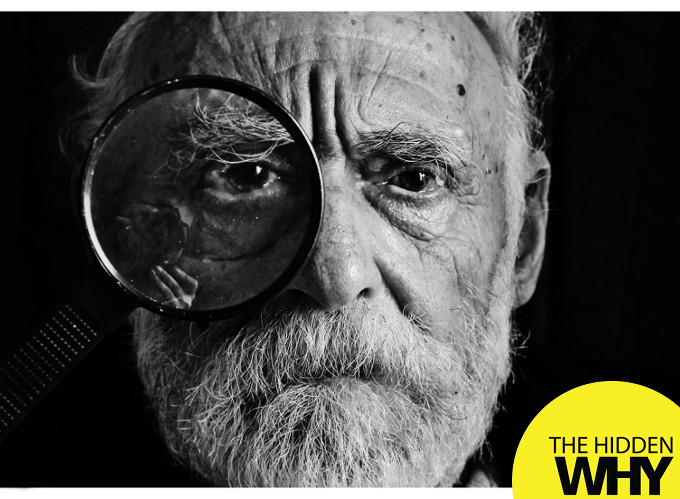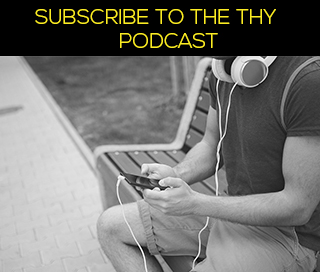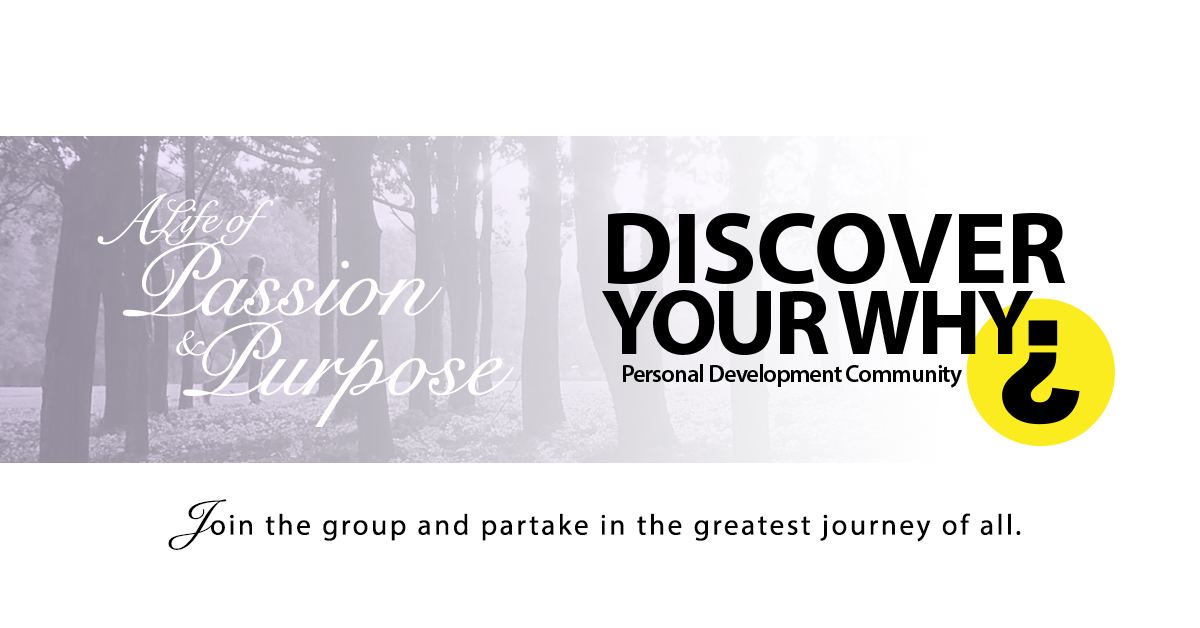
Taping into The Unconscious Mind: A Modern Perspective
Written by Leigh Martinuzzi
The unconscious mind is said to control the majority of how we act and behave. Some studies suggest as little as 0.08% of what we process happens on the conscious level. The brain is a marvellous organic operating system that sucks a heck of a lot of energy. To operate efficiently, our system runs on a network of memory and prediction. The unconscious is a powerful sub-system of our brain that helps us automate our lives. If that’s the case, it would make sense to learn how do we tap into the power of the unconscious mind?
Cognitive thought process takes place in the conscious part of the human brain and uses a significant amount of energy. We have to focus our attention, think, study and solve problems. Once we do, we can use the stored memory and unconscious operating system to make future predictions.
It takes much less energy for me to turn on the kettle now even though the first time I did it may have required a little more effort. According to a recent study by Scientific America, the brain uses up to 20% of our bodies total energy. Have you ever wondered why sometimes you feel so drained after a day of relatively unphysical tasks? If the task required a great amount of thought, problem solving and cognitive process, there’s your answer.
The unconscious mind is how we meet our fundamental human needs. Sigmund Freud called it the animalistic part of the brain. However, as most of us can appreciate many of our actions and behaviours are often without any special purpose. Humans are often poor decision makers. I can’t begin to highlight how many decisions I make daily that the better part of me knows is not wise. The unconscious helps us in our success of survival, it can also assist us to learn a habitual process that may sabotage our success.
I agree with Sigmund that our animalistic mind does exist. I also agree with the modern perspective that through the process of overlearning, a series of repeated actions, we learn and these then become automated. We develop the unconscious mind through experience, trial and error. An efficient process designed to save our attention energy. The same or similar tasks are easily repeated.
I wonder if there is thought process occurring in the unconscious mind. In my understanding much of what takes place on the unconscious level we are unaware. Communication that is unheard yet taking place within. If we are not aware how could there be thought?
The analogy that helps me best understand this is thinking of the brain like a computer. The hard drive is constantly processing information and making things happen without our awareness. It’s not until we encounter an error and have to jump in to figure out what went wrong that we are aware. When we pause and focus our attention on the processes thoughts appear. Thoughts often seem to appear out of nowhere when actually the unconscious mind is constantly thinking and feeling. These thoughts, too, are learnt.
As Lisa Feldman Barrett highlights in her research we are beings that operate on prediction. The brain is continually planning what we do next. It would take too long to respond without this level of automation and unconscious processing. And that would not be beneficial for our survival. As it predicts it learns via error-correction. When something was thought to happen and doesn’t, it receives feedback from the bodily senses, sight, smell, feeling, etc. and adjusts for future prediction. This continually repeated behaviour will keep making minor adjustments using this process. It is why athletes make playing sport look so easy.
Have you ever touched something hot only to notice the burn a few moments later? The brain didn’t predict correctly. I am guessing if you knew the item was hot you wouldn’t have acted to pick it up or if you still did you would have reacted to the burn sooner. Next time, however, your brain will be better prepared to help you avoid such situations.
The good news about the modern-day perspective on brain automation and the unconscious mind is that it is not fixed, we can alter it through this process of prediction and error-correction. We can tap into the unconscious mind by having new experiences and even use cognitive thought process to tell ourselves a different story. Essentially disrupting the current unconscious thought patterns.
There are a few practices that I believe can really help with this. The first practice is meditation. Simply by stopping movement and allowing your mind to calm, you can begin to develop your attention. Focusing attention on thought in meditation allows us to become more attentive in everyday life. In time, the result will mean better decisions that help overcome unconscious sabotage leading to greater clarity, peace and happiness. It is typically the stupid things I do that upset me the most which can be best overcome via meditation.
Visualising is another practice that allows your unconscious mind to start believing a different story. According to Karen Brown, the unconscious mind is unaware of the difference between what is reality and what is not. By cognitively thinking of all that you want to be, have and do the unconscious brain will start believing it. And belief is a must for anything we desire in life to come into existence. A constant practice will have the unconscious mind predicting and directing us towards our visuals. Having dreams and dreaming big is powerful.
The third practice I favour is that of journaling. Journaling allows us to bring conscious thought to all our experiences, good or bad. In essence by further assessing our emotions, thoughts and actions we allow the unconscious mind to better understand and learn from all that’s happening. We can filter out the unnecessary and redirect the processes occurring in the unconscious mind. A powerful way to take experiential learning to that next level.
If much of what we do is truly governed by the unconscious mind, then it makes a great deal of sense to me harness it. Creating a toolbox of methods and practices that can reshape how we act, behave and think so that moving forward we improve our decisions, chances of survival and happiness.
The three practices suggested in this article only require a few minutes each a day and once you are used to it and see the benefits you can build from there. Scientists, researches and people from across the globe recognise the power of these practices for their ability to tap into the unconscious mind. They will most likely work for you.
Further Reading and Resources
TED Talks: Ideas worth spreading
Elite Daily: The Voice of Generation Y
Four Hour Work Week: How to escape the 9-5, live anywhere and join the new rich.
The Minimalists: How to pursue a minimalist lifestyle and be happier.
Mind Hacks: Tips and Tricks for Using Your Brain
Rich Roll: Plantpowered Wellness Advocate
The Art of Charm: Build confidence, feel comfortable and networking differently.The Art of Manliness: Encouraging men to be better husbands, fathers, brothers, citizens.
Tiny Buddha: Simple wisdom for complex lives.
Mind Body Green: Lifestyle media brand dedicated to inspiring you to live your best life.
Zen Habits: Find simplicity and mindfulness in life.
Creative NonFiction: “true stories well told.”
Barking Up the Wrong Tree: science-based answers and expert insight on how to be awesome at life.
The Positivity Blog: Practical articles on happiness, self-esteem, productivity and social skills.
FIND YOUR HIDDEN WHY with THE HIDDEN WHY (THW)
BUILD YOUR LIFE AROUND YOUR PASSION AND LIVE WITH PURPOSE
Sign up for free below and receive cool stuff from me each week + Plus a free copy of “The Four Pillars of Success”
In my weekly emails you will receive ideas, thoughts, learning’s and inspiration on:
- How to design a life that you want and live by your terms
- How to live a life with passion & purpose
- Methods, strategies, & techniques on life hacks
- Messages on how to better live your life
- We will also keep you up to date with fantastic interviews from THW podcast













Leave a Reply